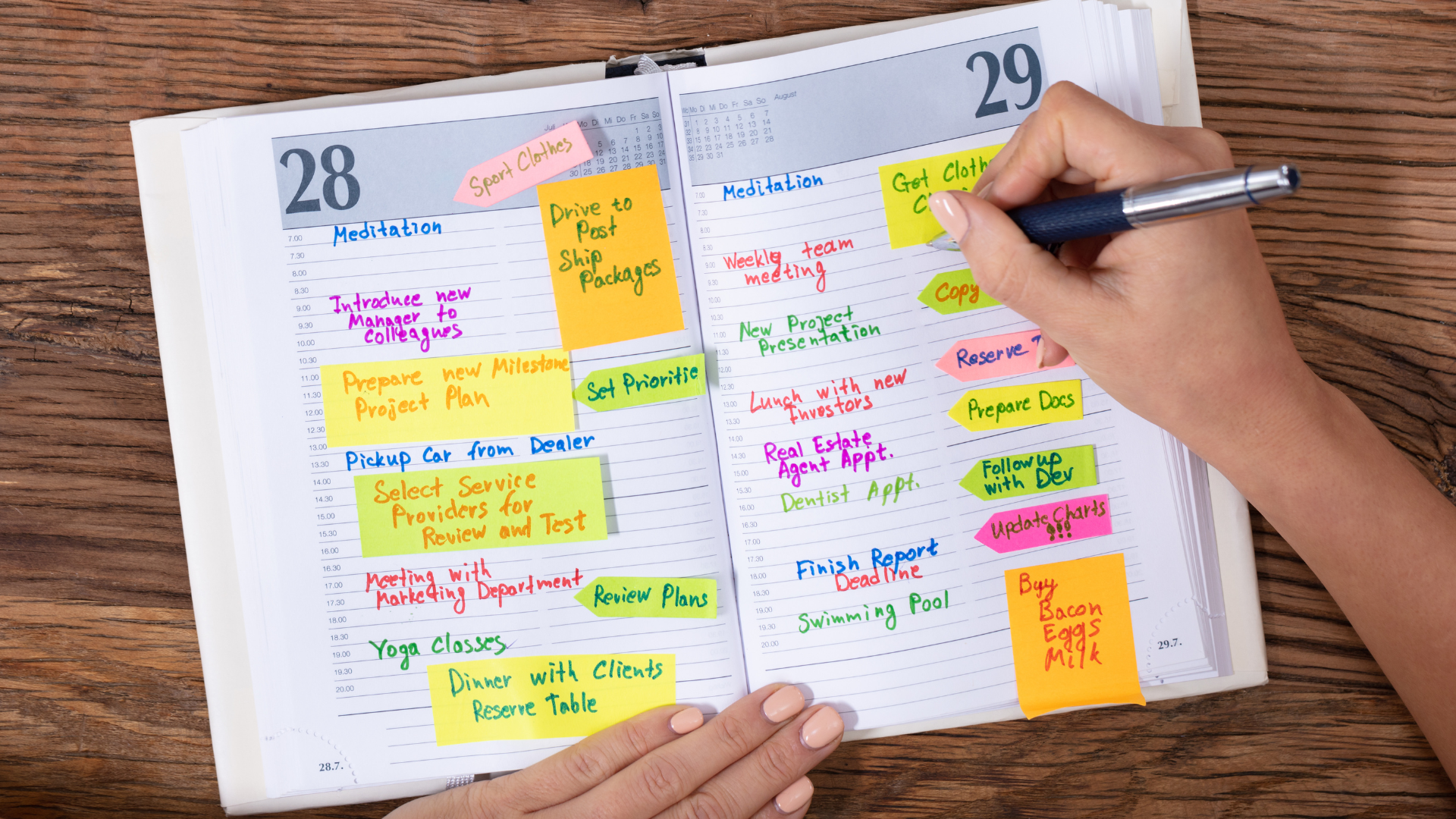Simple Meal Prep Ideas for Long Shifts & Study Days
Between long hours, demanding shifts, and study time, eating well often becomes an afterthought for many caregivers and students. But fueling your body properly can make a huge difference in your energy, focus, and overall health. At Fordham Institute Inc., we encourage our Home Health Aide (HHA) and Certified Nursing Assistant (CNA) students to see nutrition as part of their self-care. With a little planning, healthy eating doesn’t have to be time-consuming or expensive. Here are some simple meal prep ideas to help you get through busy days strong and nourished.
1. Plan Once, Eat Twice
Choose recipes that make enough for two meals.
For example:
- Cook a big batch of brown rice or pasta—use it for lunch one day and dinner the next.
- Roast a tray of chicken and vegetables that can be added to wraps, salads, or eaten with rice later in the week.
Planning ahead saves both time and money.
2. Quick Grab-and-Go Breakfasts
Mornings can be chaotic—especially before class or work. Try:
- Overnight oats with fruit and a drizzle of honey
- Boiled eggs and whole-grain toast
- Yogurt with granola and banana slices
These quick breakfasts keep you full and focused through the morning.
3. Pack Smart Snacks
Avoid the vending machine by keeping healthy snacks nearby.
Some great options:
- Trail mix or nuts
- Fruit (apples, oranges, or grapes)
- Peanut butter crackers
- Granola bars
Small snacks keep your energy steady and prevent mid-day crashes.
4. Simple Dinners After Long Shifts
After a busy day, no one wants to cook for hours. Keep easy meals ready, like:
- Soup with whole-grain bread
- Stir-fry with frozen veggies and rice
- Tuna salad sandwiches
- Baked sweet potatoes topped with beans or shredded chicken
The key is simplicity—fast, filling, and nutritious.
5. Stay Hydrated
Don’t forget to drink water throughout your day!
Carry a refillable bottle and add lemon, cucumber, or berries for flavor. Dehydration can cause fatigue and headaches—two things you don’t need when you’re already busy.
Fueling Your Success
Healthy eating isn’t about perfection—it’s about preparation. When you nourish your body, you give yourself the strength to handle long shifts, late nights, and all the responsibilities that come with being a caregiver and student.
📞 Ready to start or continue your training? Call
718-480-1804
Because taking care of others starts with taking care of yourself💛





